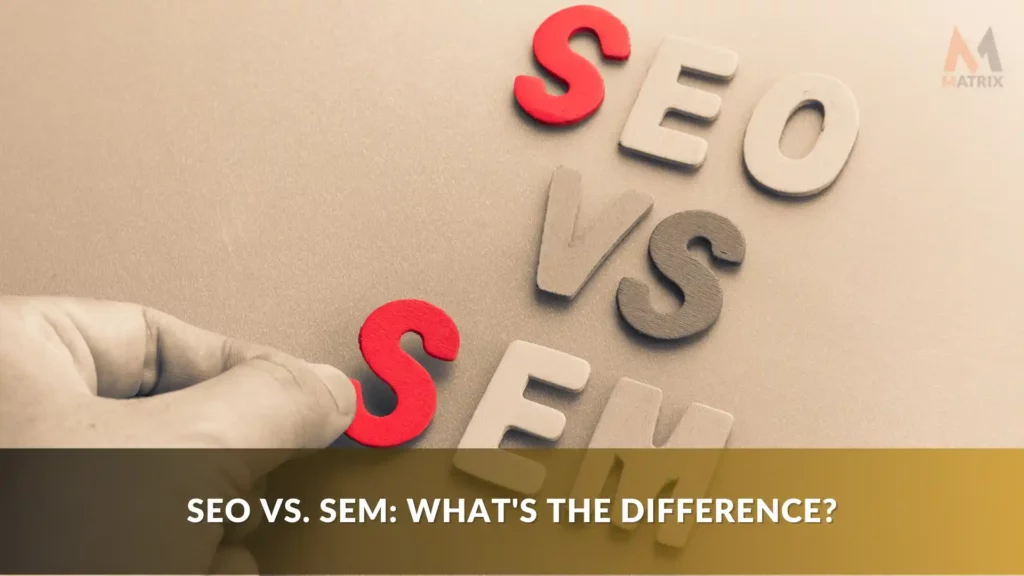SEO vs. SEM: What’s the Difference?
What’s the Difference between SEO and SEM?
SEO vs. SEM strategies help marketers put digital content in front of the right audience. However, SEO strategies focus on organic search, whereas SEM generates paid traffic.
Digital marketing success, it’s all about maximizing visibility and connection with consumers. To ensure your content reaches its intended audience, you must understand the differences between SEO (search engine optimization) and SEM (search engine marketing).
Weeding through the terminology can take time and effort. However, grasping which approach works best for your business strategy is key to achieving higher rankings on search engines.
So if you want to learn more about what sets SEO and SEM apart – and how integrating both strategies can benefit your website and brand reputation – this blog post will explain everything you need to know from an experienced marketer’s perspective.
You’ll find out why SEO should always be part of any successful long-term digital marketing plan and the differences between organic versus paid search results so that you can make sound decisions for long-term growth.
What is SEO?
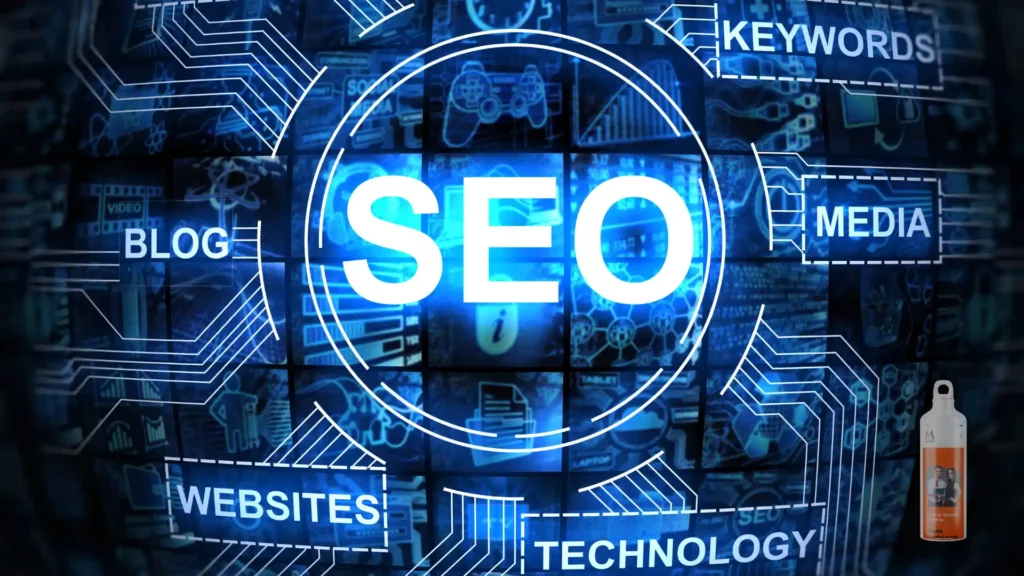
As businesses transition to the digital age, search engine optimization (SEO) has become critical for online success. SEO and SEM in digital marketing go hand in hand.
SEO is improving the quality and quantity of website traffic by increasing the visibility of a website or a web page in search engine results pages (SERPs).
This is achieved by optimizing various on-page and off-page factors, such as content relevance, site speed, and inbound links, to meet the requirements of search engine algorithms. Improving your website’s ranking in search results can attract more potential customers, increase brand awareness, and boost your bottom line.
While the SEO world can be complex, understanding the basics can help any business thrive in today’s digital landscape.
What is PPC?
PPC, or pay-per-click advertising, is a popular online advertising in which advertisers pay each time a user clicks on their ad. PPC ads are typically displayed on search engine results pages, social media platforms, and other websites that offer advertising opportunities.
The beauty of PPC advertising lies in its targeting capabilities, as advertisers can choose specific keywords, demographics, and geographic locations to ensure their ads reach the right audience.
PPC can be a highly effective way to drive traffic and increase conversions, but it requires a thoughtful approach and ongoing management to ensure the best results.
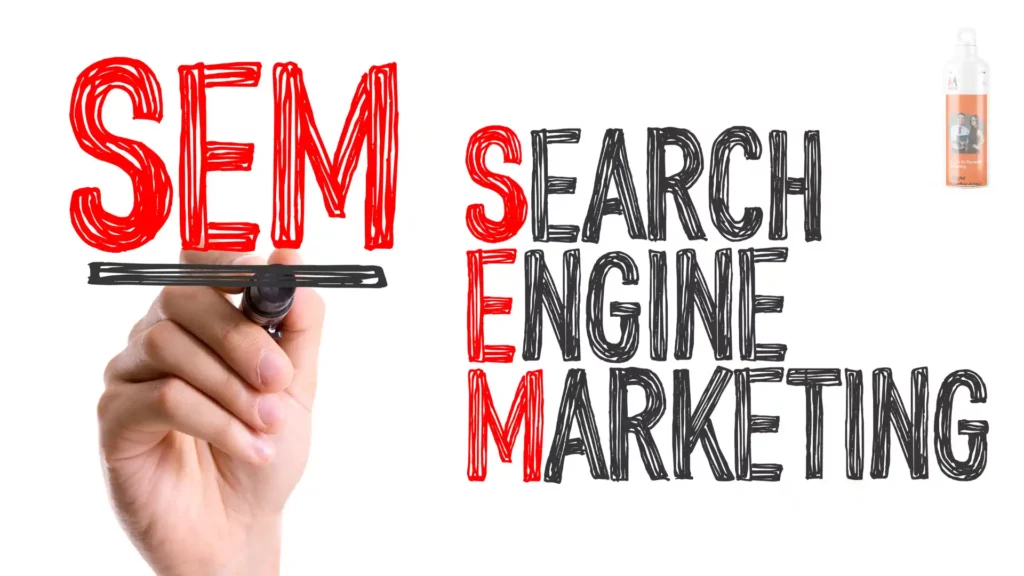
What is SEM?
Search Engine Marketing, commonly known as SEM, is a highly effective way to reach your target audience and boost your online presence.
This digital marketing strategy involves paid advertising on search engine result pages, making it a valuable tool for companies looking to increase their visibility on platforms like Google.
SEM entails creating targeted ads based on specific keywords and audience demographics, ensuring your brand is seen by the right people at the right time.
By allocating a budget towards SEM, businesses can optimize their online marketing efforts and drive more traffic to their website.
With the ever-increasing importance of a strong online presence, SEM has become crucial to any successful digital marketing campaign.
What Is The Difference Between SEO And SEM?
In digital marketing, two terms are often used interchangeably: SEO and SEM. While both aim to improve a website’s visibility on search engines, they differ.
SEO, which stands for search engine optimization, focuses on optimizing a website’s content and structure to rank organically in search engine results pages.
On the other hand, SEM, which stands for search engine marketing, involves paid advertising to gain visibility. Understanding their differences is important as they require different strategies and tactics.
So, whether you’re a business owner or a marketer, understanding the distinction between SEO and SEM is crucial in crafting a successful digital marketing strategy.
SEO Vs. SEM: Overview And Main Features
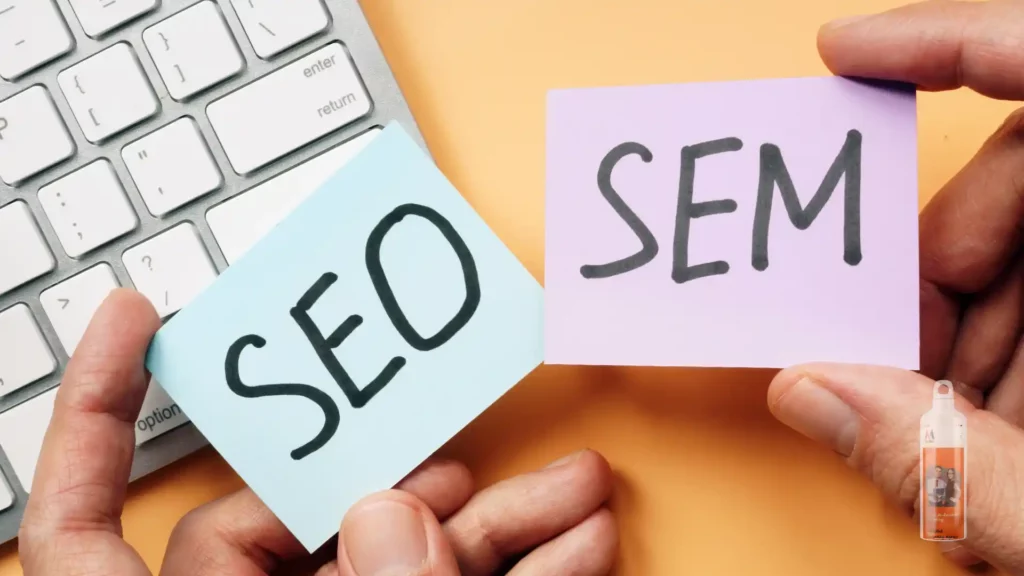
When it comes to digital marketing, understanding the difference between SEO and SEM is critical. SEO, or search engine optimization, focuses on optimizing your website to increase organic traffic from search engines.
This includes strategies like keyword research, on-page optimization, and link building. On the other hand, SEM, or search engine marketing, includes paid advertising on search engines, such as Google Ads.
Both strategies have benefits and drawbacks, but combining them allows you to create a comprehensive digital marketing strategy that helps you reach your target audience and achieve your business goals. Overall, it’s important to understand the main features of SEO and SEM and which strategy will work best for your business.
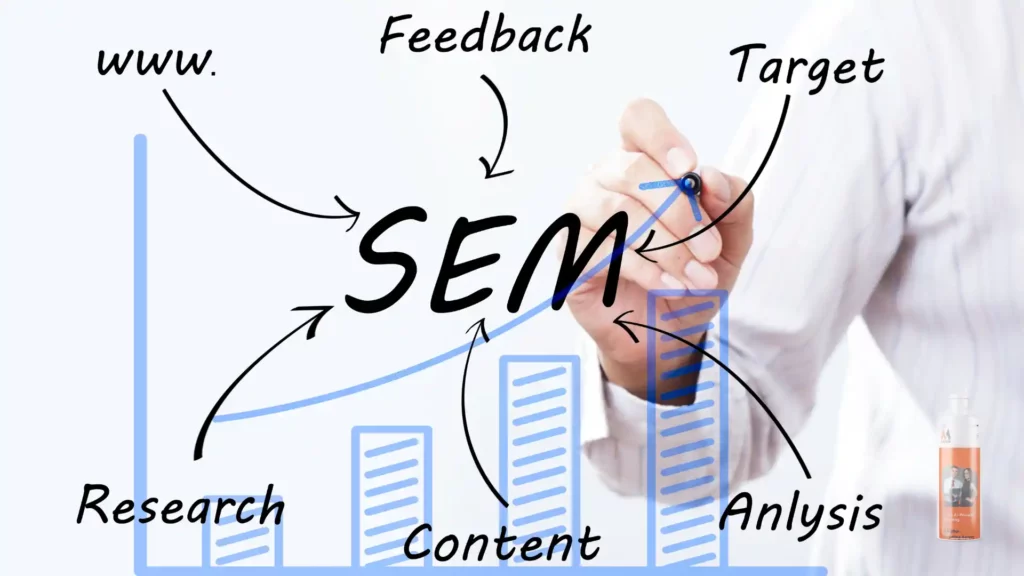
SEO Vs. SEM: How Long Does It Take To See Results?
Regarding digital marketing, businesses often focus on two main strategies: SEO and SEM. SEO focuses on improving organic search results, while SEM involves using paid advertising to drive traffic to a website.
A common question businesses have is how long it takes to see results from these strategies. The answer is that it depends on various factors, such as the industry’s competitiveness, the quality of the website and its content, and the specific tactics being used.
Generally, SEO can take several months to a year to see significant results, while SEM can show results much more quickly. If you work with a traditional digital marketing agency or inbound agency. Our different ROI is speeded up by eliminating all the tasks through automation and AI.
However, it’s important to remember that both strategies require ongoing effort and optimization to maintain success in the long term.
SEO Vs. SEM: How Much Do They Cost?
SEO and SEM are two effective strategies for boosting your online visibility and driving traffic to your website. Cost is always a concern for businesses, especially small ones.
With SEO, the cost mainly lies in the initial investment of time and effort to optimize your website for search engines. This may require hiring an SEO specialist or purchasing SEO tools. On the other hand, SEM involves paying for ads that appear at the top of search engine results pages (SERPs) or on other websites.
The cost of SEM depends on several factors, including bidding strategy, ad targeting, and industry competition. In general, SEM can be more expensive than SEO, but it can also yield quicker results.
Ultimately, the decision between SEO and SEM will depend on your business goals, budget, and timeline for seeing results.
Benefit for SEO
When it comes to the success of a website, search engine optimization, or SEO, plays a crucial role. By utilizing SEO techniques such as keyword research, on-page optimization, and link building, businesses can improve their search engine rankings and ultimately drive more traffic to their website.
However, the benefits of SEO go beyond just higher rankings and more traffic. SEO can also help businesses build credibility and establish trust with potential customers. When a website appears at the top of the search results, it shows that it is a reputable source of information in its industry.
SEO can help businesses stay ahead of their competitors by staying up-to-date with the latest trends and strategies in the industry. By investing in SEO, businesses can reap long-term benefits that will continue to pay off for years.
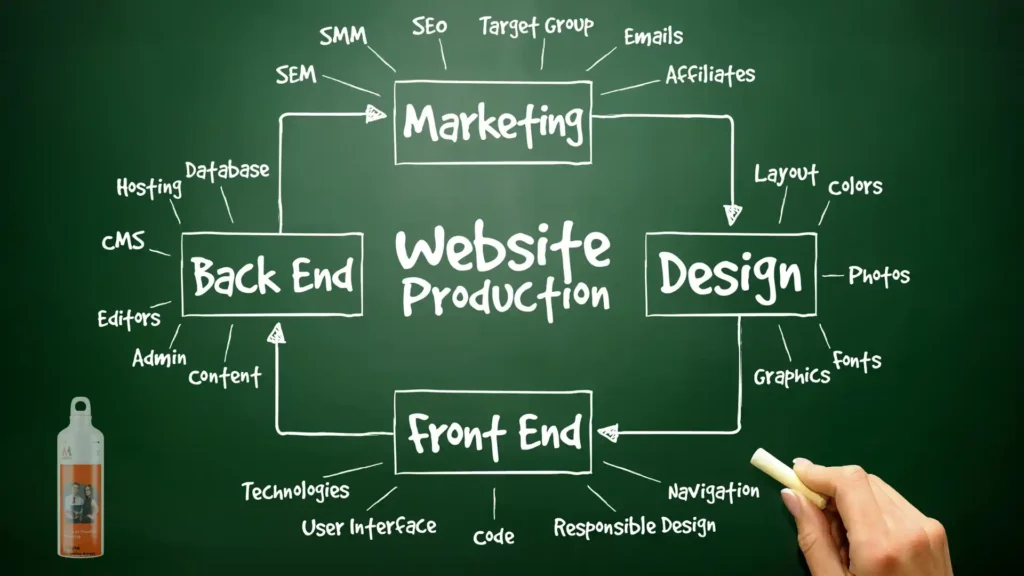
Benefits of SEM
Search Engine Marketing (SEM) has become essential in today’s digital marketing landscape. Using SEM strategies, you can boost your website’s visibility, increase your credibility, and drive traffic.
One of the most incredible benefits of SEM is its ability to target specific audiences. This means you can channel your resources toward people interested in your products or services. SEM is also cost-effective and provides excellent ROI when done right.
With SEM, you can measure campaign efficiency and adjust your strategies based on performance. It is no surprise that most businesses are leveraging SEM to stay on top of their game.
SEO Vs. SEM: Which Should You Use?
When it comes to online marketing, choosing the right strategy to reach your target audience effectively is essential. Search Engine Optimization (SEO) and Search Engine Marketing (SEM) are two popular approaches that can help you drive traffic to your website and increase conversions.
While both methods have their benefits, there are distinct differences between them that you need to consider before making a decision. As an experienced marketer, SEO is a long-term investment that takes time to yield results, while SEM can be a quick way to get instant visibility.
However, remember that SEM can be costly, while SEO is relatively cost-effective in the long run. Ultimately, the choice between SEO and SEM comes down to your goals, budget, and timeline.
Is SEO Or SEM Right For You?

Search engine optimization (SEO) and search engine marketing (SEM) are two powerful tools to increase your website’s visibility and drive traffic to your business.
Which one is right for you? The answer depends on your goals and budget. SEO optimizes your website to rank higher in organic search results. SEM incorporates paid advertising to drive traffic to your site more quickly.
Regardless of your route, SEO and SEM require a strong understanding of how search engines work and a commitment to regularly updating and tweaking your strategy to stay ahead of the competition.
With the right approach and tools, you can significantly boost your online presence and reach new heights of success.
How long does SEM take?
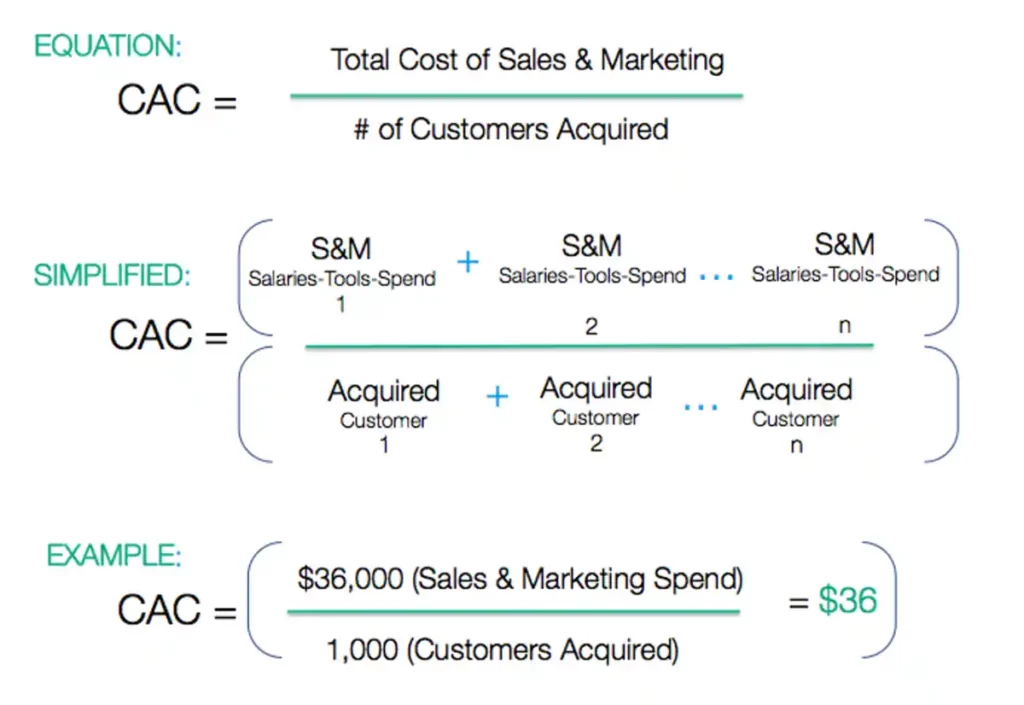
If you want to increase your website’s online visibility and drive more traffic to your business, you may wonder how long it takes to see results from search engine marketing (SEM). Well, the truth is that there isn’t a straightforward answer.
Once foundational work is completed, we see results in weeks, not months. The standard answer that it takes 6 months to a year is garbage.
The time it takes to see results from SEM will depend on various factors, such as the competitiveness of your industry, your website’s existing search engine rankings, and the quality of your SEM strategy. However, despite these variables, we can confidently say that SEM is a crucial component of any successful online marketing strategy.
Investing in it sooner rather than later is essential for achieving long-term success. So, don’t wait any longer to get started on your SEM strategy and start seeing the results you want.
How much does SEM cost?
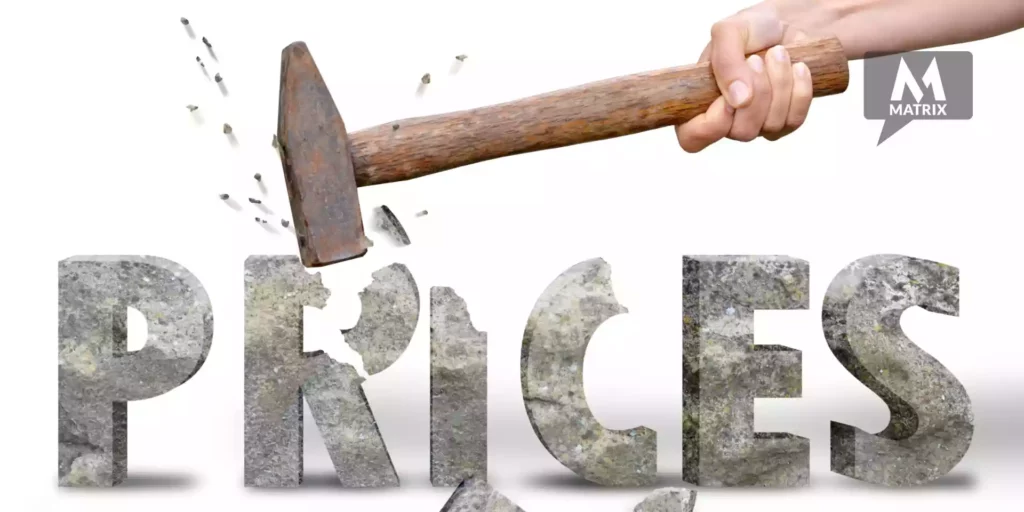
When advertising your business online, it’s important to consider all the costs involved. SEM, or search engine marketing, is a popular way to reach potential customers through targeted ads on search engines like Google.
But how much does SEM cost? Well, the truth is that it can vary widely depending on factors such as your industry, your target audience, and the keywords you’re bidding on.
Some businesses may be able to achieve their goals with a modest budget, while others may need to invest significantly more to see the desired results. The cost of SEM is just one piece of the puzzle when crafting a successful digital marketing strategy.
Which type of SEM is best?
There are several types to choose from when it comes to SEM. But which one is the best? The answer is clear: there is no one-size-fits-all solution.
Based on our expertise and experience, the most effective SEM strategy is tailored to your business goals and target audience. Shocking right?
Whether you choose to focus on paid search, display advertising, social media advertising, or a combination of these tactics, the key to success is to create a holistic approach that utilizes the strengths of each platform to achieve your desired outcomes.
In today’s fast-paced digital landscape, acting quickly and decisively is important to stay ahead of the competition. Be sure to implement a winning SEM strategy and start seeing results.
SEO Vs. SEM Comparison
In digital marketing, SEO and SEM play a crucial role in driving traffic to a website.
However, key differences between the two can greatly impact the success of your online presence. SEO optimizes your website through various techniques, such as keyword research and link building, to improve organic search results.
On the other hand, SEM involves paid advertising, such as Google AdWords, to target specific audiences and drive traffic to your site. Knowing the differences between these two strategies is crucial in developing an effective online marketing plan.
Don’t wait. Analyze which method will work best for your business and dominate your online presence today!
Get Started With SEM And SEO — And Make It Easy — With Matrix Marketing Group

Search Engine Marketing (SEM) is a digital marketing strategy that aims to increase a website’s visibility on search engine results pages (SERPs) through paid advertising. To ensure the success of your SEM campaigns, consider focusing on these key factors:
- Keyword research: Identify relevant and high-traffic keywords that match the search intent of your target audience. Use tools like Google Ads Keyword Planner, Moz, Ahrefs, or SEMrush to find the right keywords for your campaigns.
- Target audience: Define your target audience based on demographics, interests, and online behavior. This will help you create ads that resonate with your potential customers and increase the chances of conversion.
- Ad copy: Write compelling ad copy highlighting your unique selling points, addressing the users’ pain points, and including a strong call-to-action (CTA). Ensure your ad copy is closely aligned with the keywords you’re targeting.
- Landing page optimization: Design and optimize your landing pages to provide a seamless user experience and encourage conversions. Make sure the landing page content is relevant to the ad copy and keywords and that it loads quickly on both desktop and mobile devices.
- Ad Quality and Relevance: Ensure your ads meet Google’s quality and relevance guidelines. High-quality, relevant ads have a better chance of getting higher ad rankings, leading to lower costs per click (CPC) and better conversion rates.
- Bidding strategy: Choose the right bidding strategy for your campaign goals, whether it’s cost-per-click (CPC), cost-per-acquisition (CPA), or return on ad spend (ROAS). Regularly monitor and adjust your bids based on the performance of your campaigns.
- Ad extensions: Use ad extensions such as site links, callouts, and structured snippets to provide additional information and improve the visibility of your ads. Ad extensions can improve your ads’ click-through rate (CTR) and overall performance.
- Campaign structure: Organize your campaigns and ad groups logically, based on themes or product categories, to manage and optimize them more effectively.
- Performance tracking and optimization: Regularly monitor the performance of your SEM campaigns using tools like Google Ads and Google Analytics. Analyze the data to identify areas for improvement and optimize your campaigns accordingly.
- A/B testing: Test different ad copies, landing pages, and bidding strategies to identify what works best for your campaigns. Continuous testing and optimization will help you improve your SEM efforts’ overall performance and return on investment (ROI).
If you need more time to feel overwhelmed by the world of SEM and SEO, don’t fret – Matrix Marketing Group is here to help make it easy to get started.
As experts in digital marketing, we have a confident and authoritative understanding of the ins and outs of these crucial strategies.
Refrain from letting the complexity of search engine marketing and optimization be a barrier to your success – with our guidance. You’ll be able to take your online presence to the next level with ease.
Let us help you make the most of your digital campaigns today. Time is of the essence, so don’t wait!
Conclusion
As you can see, SEO and SEM are two powerful strategies that help marketers put their digital content in front of the right people.
Once you understand the differences and similarities between using them to reach your business goals, you’re set up for success in digital marketing. While SEO is a long-term process, SEM is great for targeting an immediate audience — but both provide lasting rewards for your business.
With the right guidance from experts like Matrix Marketing Group, both SEO and SEM can provide tangible returns on investments. Let us know difference between seo and sem pdf is available.
If you’re ready to make the most of your seo/sem marketing campaigns, get started with us today – give us a call or take advantage of our free website audit here. We look forward to helping you build a successful digital presence!
General FAQs
What is the difference between SEO and SEM?

Search Engine Optimization (SEO) focuses on optimizing a website to improve organic search engine rankings. At the same time, Search Engine Marketing (SEM) involves paid advertising, such as Google AdWords, to target specific audiences and draw traffic to your website. SEO seeks to create long-term results, while SEM yields quicker results.
What are some tips for improving SEO?

Some helpful tips for improving your website’s SEO include optimizing page titles and meta descriptions with relevant keywords, creating quality content focused on user experience, and building backlinks from reputable websites to improve the overall authority of your domain.
What is the best type of SEM?

The best type of SEM depends on your business goals and target audience. We recommend creating a holistic approach that utilizes the strengths of each platform to achieve desired outcomes, whether that be paid search, display advertising, social media advertising, or a combination of these tactics.
How can I learn more about digital marketing?
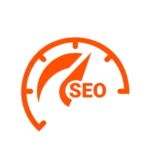
We recommend researching current industry trends and using resources like e-books and webinars to get up-to-date industry knowledge. Consider seeking help from a professional digital marketing agency like Matrix Marketing Group for expert insight into digital marketing.

